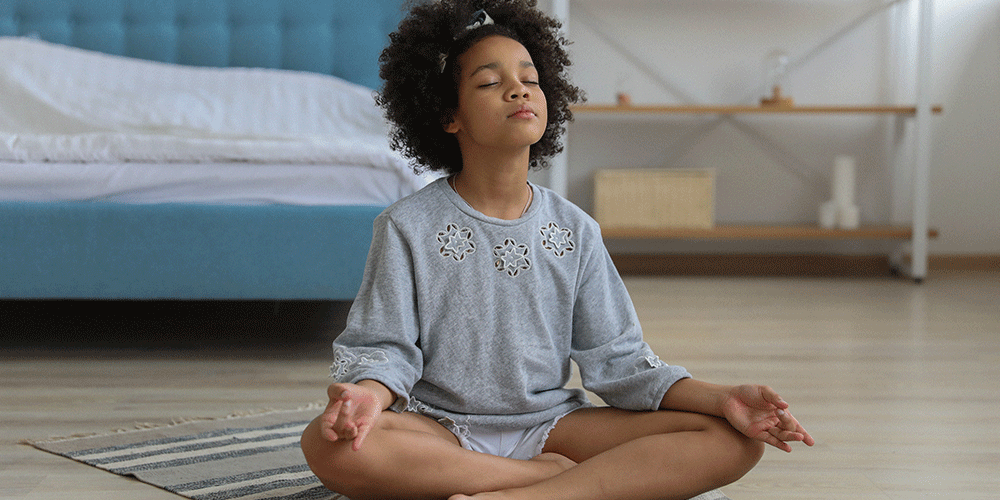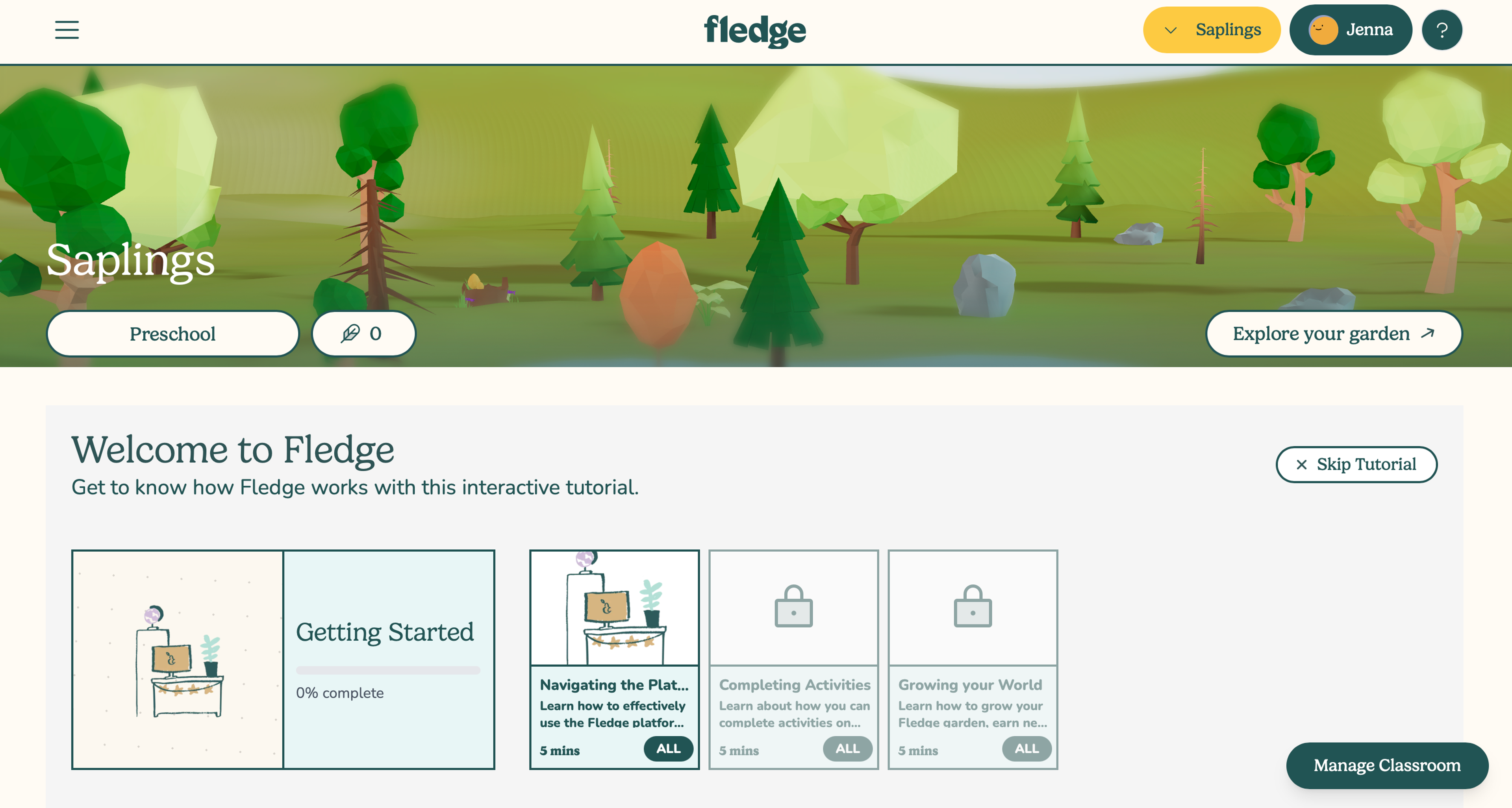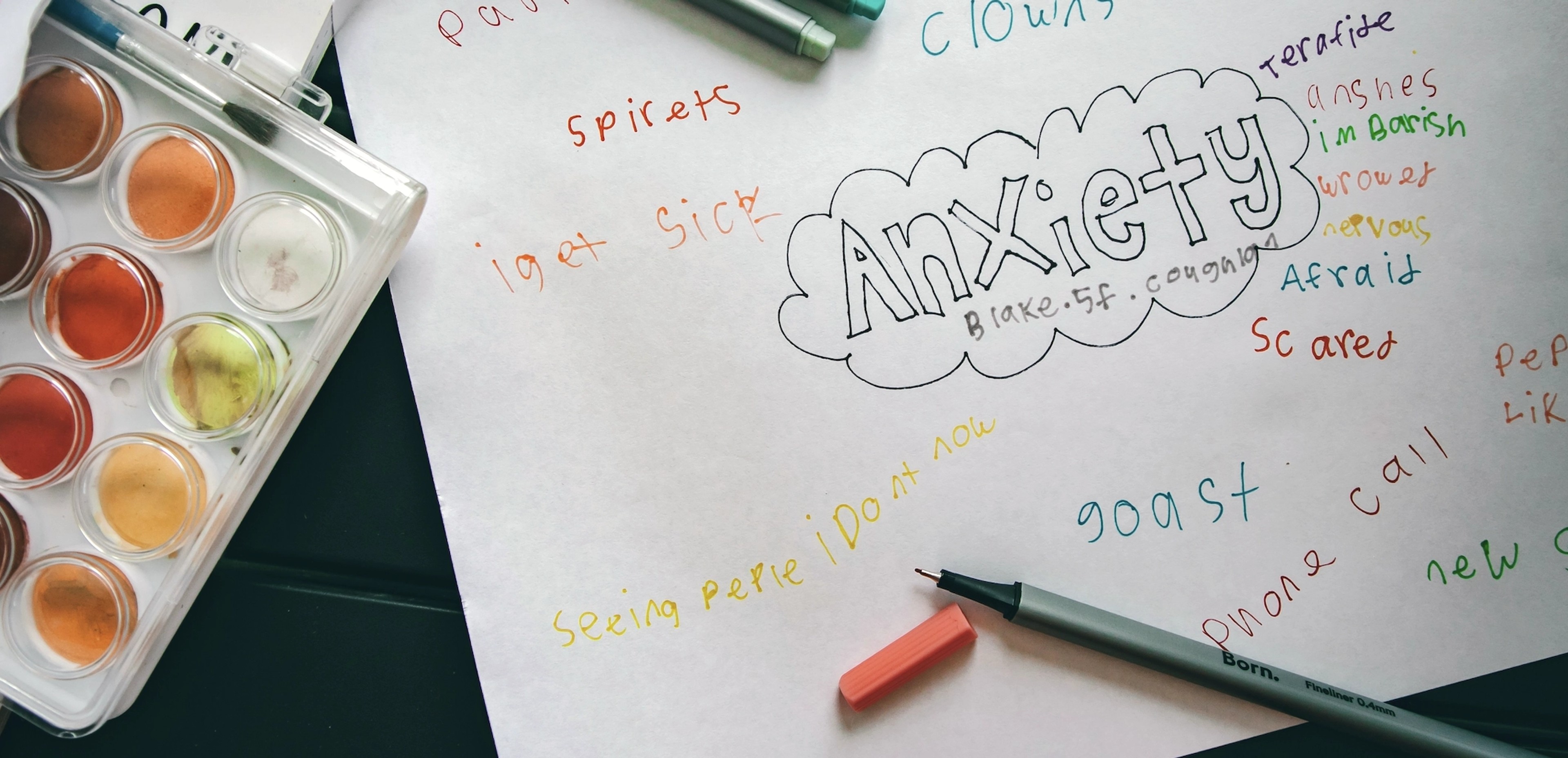July Jitters: How to Help Kids Cope with End-of-Year Stressors and Summertime Blues
Stress is often thought of as a grown-up condition, but children can also experience stress. Stress in children can result from school, homework, friends, family disruptions, and many other situations. Abrupt changes in routines are a notable source of stressors that typically go unnoticed, especially for young ones as the school year wraps up and the summer break begins.
The Challenges of Adjusting to a New Schedule and Routine
While June and July are often associated with many fun activities and anticipations, it can also be a stressful and exciting time for your little ones for several reasons:
End of the School Year: The end of the school year is typically in June for most schools, which means that children are wrapping up their current grade and preparing to move on to the next grade. This can be both exciting and stressful for children, as they may feel a sense of accomplishment for completing the year, but also anxiety about what the next year will bring.
Change in Routine: With the end of the school year, children may experience a change in routine. For instance, they may have to say goodbye to their teacher and classmates, which can be difficult for some children who have formed close relationships with them. Additionally, they may have to adjust to a different daily routine during the summer months, which can be challenging for children who thrive on structure.
Transition to Summer Activities: Summer break can be a time for children to engage in new activities, such as camps or sports teams. While this can be exciting, it can also be stressful for some children who are nervous about trying something new or being in an unfamiliar environment.
Anticipation of Summer Vacation: Children may also experience excitement and stress as they look forward to summer vacation. While they may be excited about the prospect of a break from school, they may also feel anxious about being away from their friends and routine for an extended period.
Overall, this can be both an exciting and stressful time for children as they navigate the end of the school year, transitions to new routines and activities, and the anticipation of summer vacation.
Stress can be observed as an obvious physical reaction, such as crying or a headache, or it can be an emotional or behavioural reaction, such as worrying or shyness. Reactions to stress can also vary according to age and stages of development.
Managing Big Emotions
Supporting children to develop their emotional literacy and develop their ability to name and understand emotions is important. This is a foundational skill for healthy development and understanding oneself
If early childhood practitioners can identify stress in young children, they can intervene with stress-relief strategies before little pressures turn into big problems. There are several strategies children can be taught to help them cope with stress.
What Does the Research Say?
A study published in the Journal "Child Development" found that the transition from one grade to the next can be a significant source of stress for young children, particularly those in kindergarten and first grade. The study found that children who experienced more stress during the transition had lower academic achievement in the following year (Entwisle, Alexander, & Olson, 2005). Another study found that changes in routine, such as the end of the school year, can be particularly challenging for children with autism spectrum disorder (ASD). The study found that these changes can lead to increased anxiety and behavioural problems (Woodman, Smith, Greenberg, & Mailick, 2016).
Research has also shown that summer break can have both positive and negative effects on children's academic achievement. While some studies have found that summer break can lead to a loss of academic skills, particularly for children from low-income families, other studies have found that summer programs and activities can be beneficial for children's cognitive and social development (Cooper, Nye, Charlton, Lindsay, & Greathouse, 1996; McLaughlin & Pitcock, 2009). A study published in the Journal "Child Psychiatry and Human Development" found that children in grades K-3 may experience increased anxiety during the transition to summer vacation. Here, children who had higher levels of anxiety at the end of the school year also had higher levels of anxiety at the beginning of the next school year (Somer, 2014).
Stress-Free Summer: Tips for Helping Kids Stay Calm and Healthy During End-of-Year Transitions

1. Exercise
- This is one of the best stress relief activities for children (and adults too!). Provide your little one with an opportunity to participate in an organized sport, be part of a team, or just spend time outside playing with friends.
How Does Exercise Help Our Brains?
Though researchers have linked physical activity with decreased stress levels, they are still unsure what mechanism(s) in the brain causes these changes. Pediatric endocrinologist Henry Anhalt, chair of the Endocrine Society’s Advocacy and Public Outreach Core Committee, suggested research only scratches the surface of the effects exercise has on our mental health.
2. Deep Breathing
- Any child old enough to count to four can learn to do deep breathing exercises to lower stress. Children, with the help of adults, slowly count to four as they inhale, and then count to four as they exhale. This exercise should be done for several minutes until the child is calm.
How to Bee Breathe?
Breathe in through your nose to the count of three (3), then as you slowly exhale make a “buzzing” or humming sound like a buzzing bee. Repeat three times!
3. Talking (and Reading) about Stress
- Caregivers, parents, and educators can be good listeners when children come with even the slightest “problem.” The caregiver can listen to them and help them with advice if they want it, but some children just want to talk things out with a trusted adult.
What are some books and stories to help talk about stressful and everyday events?
Stories can help children relate to characters that are in stressful situations and learn to work through their problems. Some suggested books for young children include:
- Alexander and the Terrible, Horrible, No Good, Very Bad Day by Judith Viorst
- Stress Can Really Get on Your Nerves by Trevor Romain and Elizabeth Verdick
- A Boy and a Turtle by Lori Lite
Early educators teach children valuable life skills such as sharing, critical thinking, and independence. Teaching children how to cope with stressful situations is another very valuable skill that supports children’s growth into successful adults.


